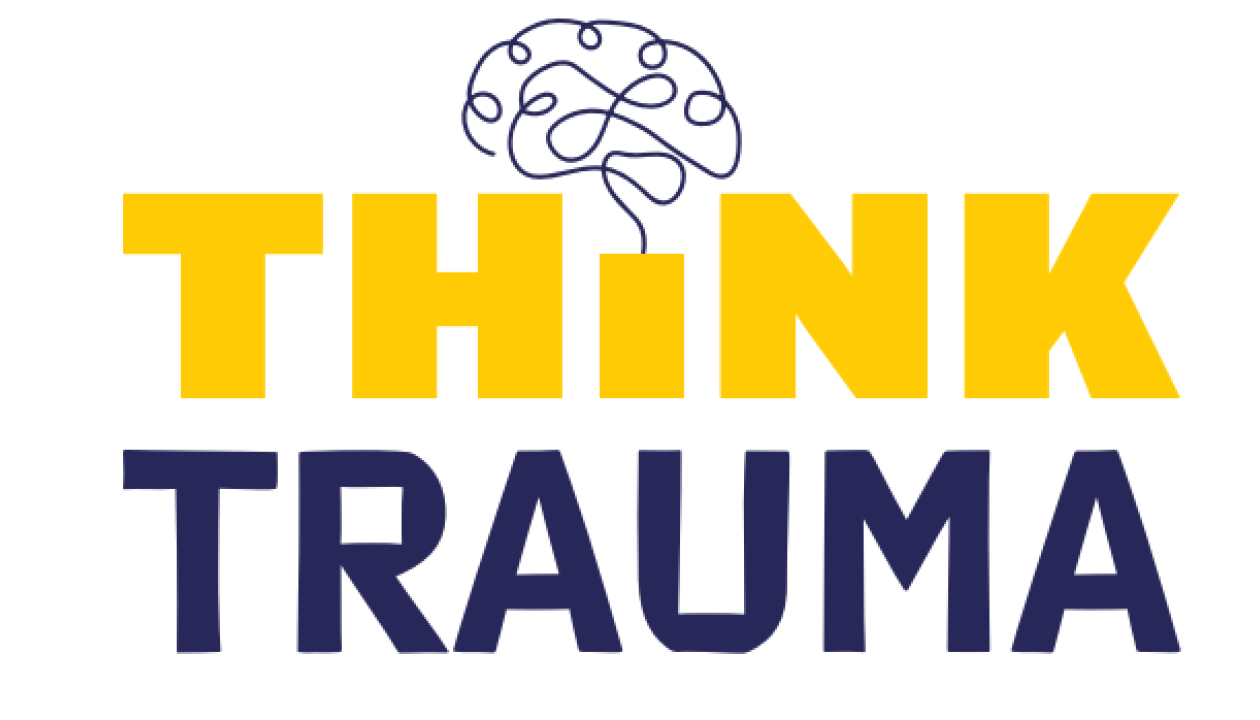Training for Professionals
Early Help Training for Professionals
Through the development of the Early Help Strategy in Westminster we established a need to collectively explore opportunities to develop our staff together and agreed that this would be part of our shared approach.
The strategy clearly outlines, as a priority, the need to develop an early help workforce that is relational and trauma informed.
In order to fulfil this, the council pledged to co-ordinate and develop training opportunities for the whole system.
Please see our brochure for a full list of the training courses available. To book a course please click the booking form link within the brochure.
Training can be accessed by all professionals working with families in Westminster. The brochure will be added to on a regular basis so please do check back regularly for new dates and courses.
If you have a large group of staff and are interested in booking a bespoke session please get in touch at: [email protected] to discuss whether this is a possibility.
Aims of the training programme:
1. To facilitate joint working across a wide range of agencies providing early help and early intervention to improve access to preventative services (both universal and targeted).
2. To increase the identification of vulnerable families as early as possible and support them with the right intervention at the right time.
3. To develop skill sets and confidence for practitioners to support families to understand and make effective changes that ultimately improve their health and wellbeing.
4. To enable a wider range of practitioners from different agencies to understand and participate in interventions informed by systemic practice and techniques such as motivational interviewing.
5. To instil a common set of working practices/skills to all practitioners either based in the hub or working in agencies which are allied to the hub. This will include “whole family working”, the ability to create or participate in plans for interventions with families and acting as or supporting those who have taken on the role of the lead practitioner.
6. To identify and respond to significant feedback that emerges from training events, for example the need for different models to support and supervise the multi-agency workforce or the need for additional, targeted training.
7. To identify and respond to the particular needs of the different localities, developing a consensus as to training gaps within the integrated workforce.
8. To capitalise on co-location to raise awareness of key local priorities across agencies most likely to come into contact with families.
9. To develop local capacity across the early help partnership to facilitate ongoing training events to meet the needs of the workforce.
Think Trauma Awards for Schools
The Think Trauma Awards programme recognises the innovative work schools have done to implement a trauma informed approach to improving pupil relationships and behaviour.
The Think Trauma Awards are designed for schools to develop best practice in this area and to share their learnings with other Westminster schools.
If your school is interested in arranging bespoke Trauma Training please contact: [email protected] in the first instance.

